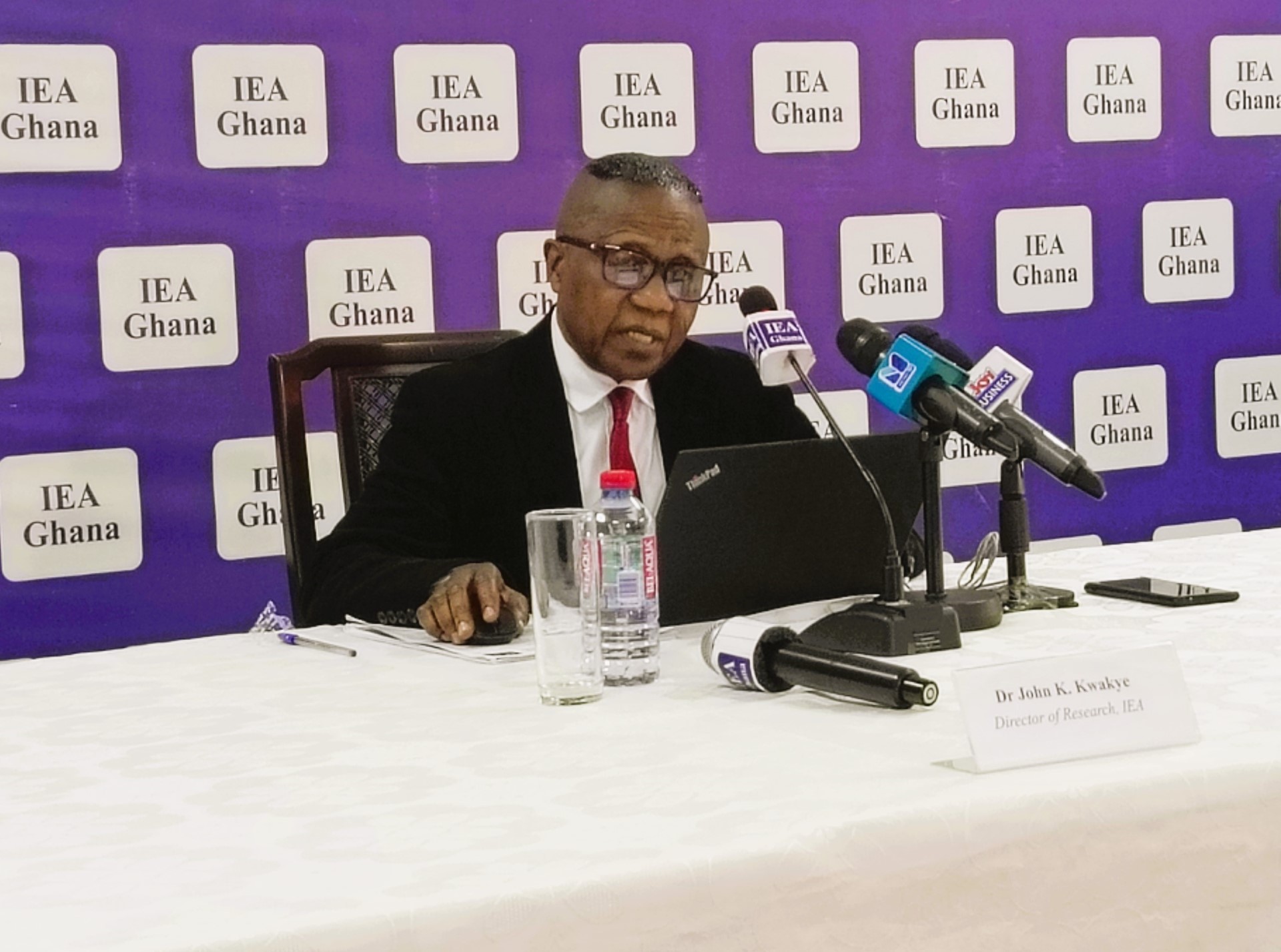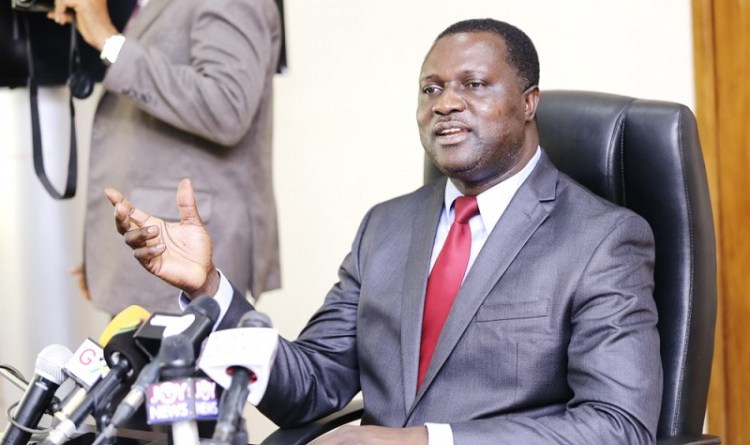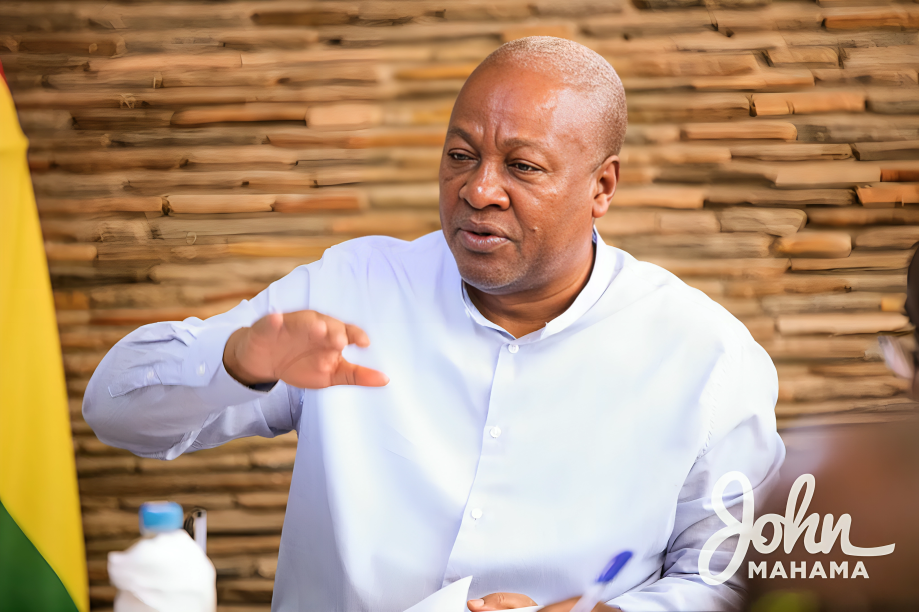

Mr Ken Ofori-Atta, Minister of Finance, on Monday, said headline inflation consistently declined from 15.4 per cent in December 2016 to 12.1 per cent in June 2017.
He noted that the consecutive decline in inflation during the period was broad-based with food and non-food inflation declining.
“Food inflation went down from 9.7 per cent in December 2016 to 6.2 per cent in June 2017, while non-food inflation declined from 18.2 per cent to 15.1 per cent over the same period.
“The observed disinflation process was influenced largely by monetary policy tightness, fiscal discipline and stability in the exchange rate.”
Presenting the 2017, mid-year fiscal policy review budget, Mr Ofori Atta said broad money supply (M2 ) expanded by 23.7 percent in May 2017, in comparison with 16.8 percent a year ago while all the components of M2 grew at higher pace in May 2017 compared with May 2016.
“Total outstanding credit stood at GH¢365 billion at the end of May 2017, of which the private sector accounted for 86.5 per cent,” he said.
“Outstanding credit to the private sector recorded an annual growth of 16.2 per cent in May 2017 against 10.1 per cent a year earlier.”
Mr Ofori-Atta said interest rates had responded to the Government’s economic policies and were now trending downwards.
The Bank of Ghana reduced its Monetary Policy Rate (MPR) by 450 basis points from January to July 2017: 200 basis points (bps) from 25.5 percent to 23.5 percent in March 2017, by 100 basis points in May to 22.5 percent, and further by 150 basis points to 21 per cent in July 2017.
“The trend of lower interest rates we are seeing is in direct response to the equally consistent declines in headline inflation and inflation expectations, and the general improvements in the macroeconomic fundamentals.
“In response, the average interest rate on the 91-day Bill has declined since December 2016 from 16.81 per cent to 12.10 per cent in June 2017; while the rates on the 182-day Treasury-bill rate fell from 18.5 per cent in December 2016 to 13.28 per cent in June 2017.”
The Sector Minister said the period under review witnessed a turn-around on the Stock Exchange, reflecting growing investor confidence in the economy.
The Ghana Stock Exchange Composite Index (GSE-CI) closed at 1,964.6 points in June 2017, from 1,689.1 points in December 2016, gaining 16.3 per cent on a year-to-date basis.
“Total market capitalization increased to GH¢59.5 billion in June 2017 from GH¢52.7 billion in December 2016, representing a year-to-date growth of 12.9 per cent,” he said.
Mr Ofori-Atta noted that the increase was due to higher trade volumes and share prices.
Sectors that recorded market capitalization gains were Oil, Food and Beverages, Agriculture, Finance, Distribution, Information Technology, and Manufacturing sub-sectors, he said.
In relation to trade balance, he said the global developments continued to impact on the country’s external sector performance.
“Provisional estimates show that the trade account recorded a surplus of $1,429 million for the first half of 2017 due to a significant increase in export earnings combined with lower imports.
“This compares to an almost equivalent deficit of $1,403.7 million over the same period in 2016.”
He said merchandise exports increased by 39.7 per cent from a deficit of $727.7 million same period last year to $7.2 billion for the Jan-June 2017 period reflecting higher gold and crude oil export earnings.
On the other hand, he said, merchandise imports reduced by 14.2 per cent to $5.7 billion, mainly on account of decreases in both oil and non-oil imports.
With exchange rates, the Minister said, the Ghana cedi remained relatively stable on the back of Ghana’s improved external payments position, improved market sentiments, the positive impact of fiscal consolidation, and increased foreign exchange inflows since mid-March 2017.
“Since March 2017, the exchange rate has been fairly stable on the back of government’s economic policies. This has been supported by improved liquidity, the emerging trade surplus and increased reserves.
“In the Inter-Bank Market, the Ghana cedi depreciated on cumulative basis by 3.7 percent, 8.3 per cent and 10.8 per cent against the US dollar; the Pound Sterling and the Euro, respectively by end of June 2017.”
He said the country’s Gross International Reserves improved markedly from a stock position of US$4.9 billion at the end of December 2016, which could cover 2.8 months of imports, to $5.9 billion in June 2017, sufficient cover for 3.4 months of imports.
Source: GNA
The post Headline inflation has been steadily declining – Minster appeared first on Ghana Business News.
Mr Ken Ofori-Atta, Minister of Finance, on Monday, said headline inflation consistently declined from 15.4 per cent in December 2016 to 12.1 per cent in June 2017. He noted…
The post Headline inflation has been steadily declining – Minster appeared first on Ghana Business News.
Read Full Story
















Facebook
Twitter
Pinterest
Instagram
Google+
YouTube
LinkedIn
RSS